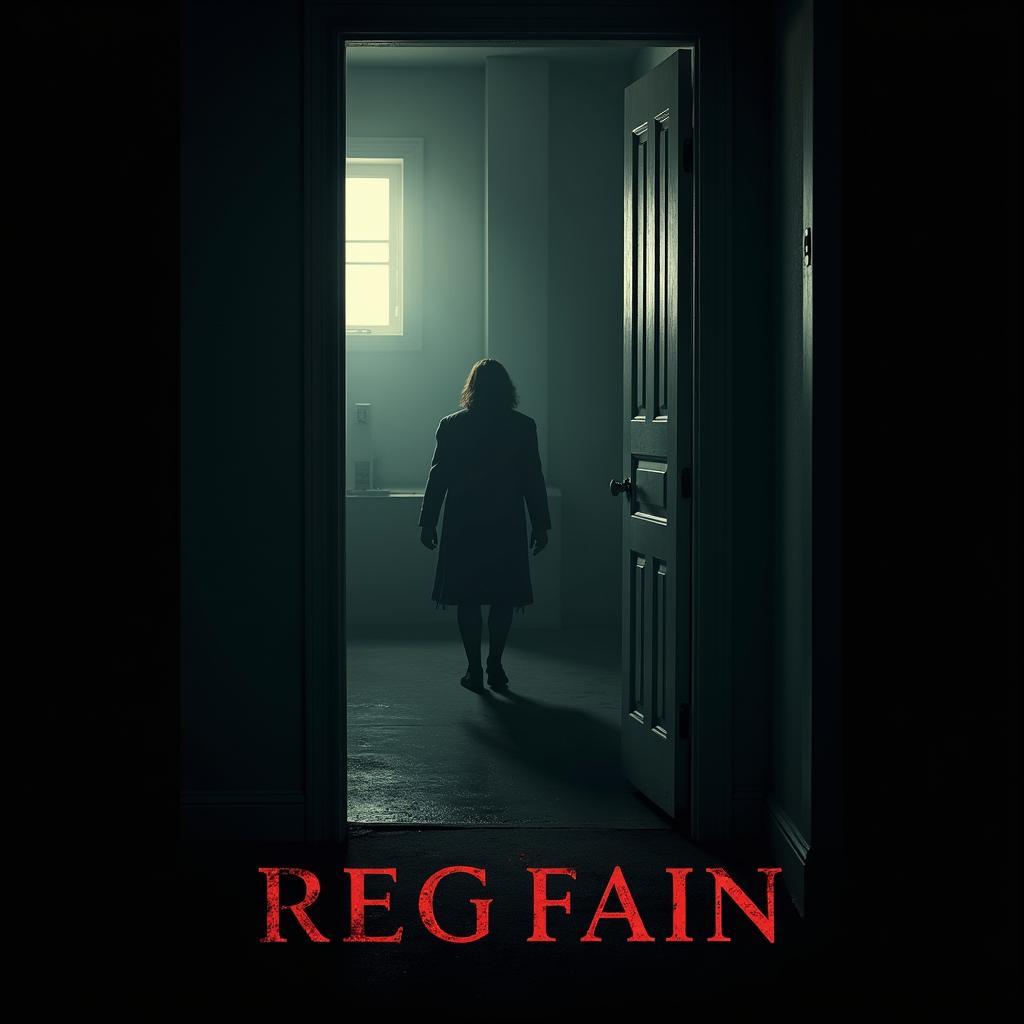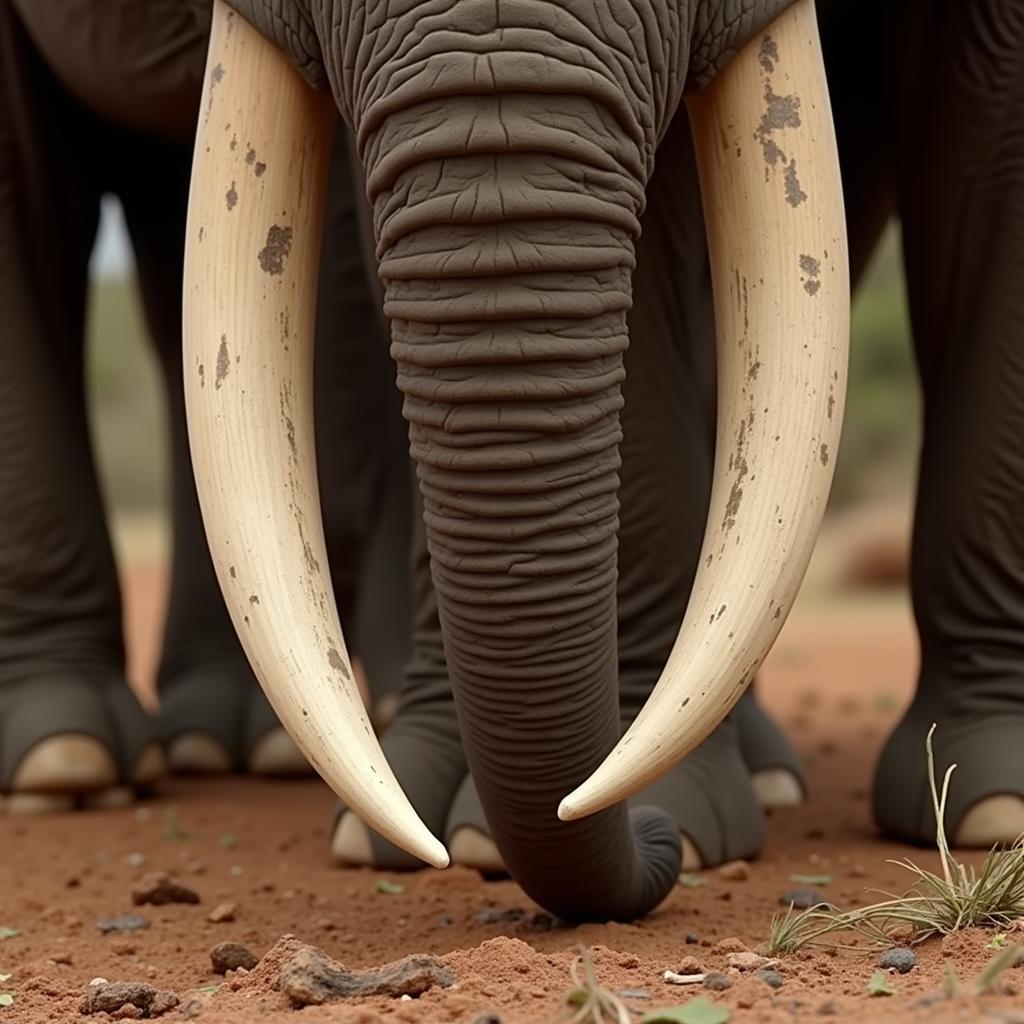Exploring African American Cinema Conventions
African American Cinema Conventions are a complex and fascinating area of study, reflecting the unique experiences and perspectives of Black filmmakers and audiences. This article delves into the evolution, significance, and impact of these conventions, highlighting how they shape narratives, challenge stereotypes, and contribute to a broader understanding of African American culture and history.
A Look at Common Themes and Tropes
African American cinema often explores themes of identity, racism, family, and community, often employing specific tropes and narrative devices. For instance, the “magical negro” trope, though sometimes criticized, can be seen in films where a Black character possesses seemingly supernatural wisdom or abilities that help a white protagonist achieve their goals. Another recurring theme is the exploration of the “double consciousness,” a concept coined by W.E.B. Du Bois, referring to the feeling of twoness experienced by African Americans, of being both Black and American. These themes and tropes, while sometimes controversial, offer valuable insights into the complexities of the Black experience in America.
The Impact of Blaxploitation Films
The Blaxploitation era of the 1970s, though often criticized for its stereotypical portrayals, marked a significant shift in African American cinema conventions. Films like Shaft and Super Fly presented Black characters in leading roles, often as rebels fighting against the system. While these films sometimes reinforced harmful stereotypes, they also provided a platform for Black actors and filmmakers and catered to a Black audience hungry for representation. This era’s legacy continues to be debated, with scholars and critics acknowledging both its positive and negative contributions to the evolution of African American cinema. Check out more about african entertainment news.
The Rise of Independent Black Filmmakers
The rise of independent Black filmmakers in the late 20th and early 21st centuries has led to a diversification of African American cinema conventions. Filmmakers like Spike Lee, Julie Dash, and Ava DuVernay have challenged traditional Hollywood narratives and offered fresh perspectives on the Black experience. These filmmakers have explored a wider range of themes and genres, pushing the boundaries of African American cinema and garnering critical acclaim.
Challenging Stereotypes and Shaping Narratives
African American cinema conventions play a crucial role in challenging stereotypes and shaping narratives about Black life. By presenting complex and nuanced characters, these films offer counter-narratives to the often-simplistic portrayals found in mainstream media. This is crucial in fostering a deeper understanding of Black culture and history, moving beyond stereotypes to present a more authentic representation. Learn more about rising stars with our list of african actresses under 25.
How Has Representation Evolved in African American Cinema?
Representation in African American cinema has evolved significantly over the years. From the early days of minstrelsy and stereotypical portrayals to the emergence of complex, multi-faceted characters, Black representation on screen has come a long way. However, there is still much work to be done to ensure authentic and diverse representation across all genres and roles. Do you want to learn more about african actresses in hollywood?
What are the Key Characteristics of African American Cinema Conventions?
Key characteristics of African American cinema conventions include the exploration of themes related to race, identity, and social justice, the use of specific cinematic techniques, and the focus on the Black experience in America. These conventions continue to evolve, reflecting the changing social and political landscape. You can find a rich selection of films from across the globe at the african asian and latin american film festival.
Conclusion
African American cinema conventions continue to shape and reshape the landscape of film, offering powerful stories that resonate with audiences worldwide. By exploring complex themes, challenging stereotypes, and providing authentic representation, these films contribute to a richer understanding of African American culture and history. African American cinema conventions continue to evolve, reflecting the ongoing struggle for equality and representation. Find a curated selection of movies from a previous year here: african american movies 2014.
Dr. Aisha Kenyatta, Film Historian: “African American cinema offers a powerful lens through which to understand the Black experience in America, challenging us to confront difficult truths and celebrate the resilience and creativity of Black filmmakers and artists.”
Professor Kwame Nkrumah, Cinema Studies: “The evolution of African American cinema conventions reflects the ongoing struggle for social justice and representation, demonstrating the power of film to shape narratives and inspire change.”
For further assistance, please contact us at +255768904061, kaka.mag@gmail.com, or visit us in Mbarali DC Mawindi, Kangaga, Tanzania. We offer 24/7 customer support.


